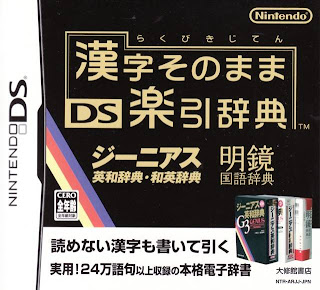Anime fansubbers are convinced they're much better than professionals a lot of the time. Nevertheless, here are some regularly occurring problems with their work:
Overly literal translations
Here's an example: in the fansub community for Dragon Ball,
jinzô ningen 人造人間 is regularly translated as "artificial human" (and scorn is heaped upon the better translation "android"). While technically, yes, it is true that
jinzô 人造 means "artificial" and
ningen 人間 means "human being,"
jinzô ningen 人造人間 is not some bizarre novel coinage but a regular word for "cyborg" or "robot" or "android." From the first sentence of the Japanese Wikipedia article:
人造人間(じんぞうにんげん)とは、主に人によって製造された、人間を模した機械や人工生命体のことであり、人型のロボット、アンドロイド、バイオロイドなどの総称である。
The term jinzó ningen 人造人間 generally refers to manmade machines in humanoid form or man-made lifeforms. It is a general term for humanoid robots, androids, biodroids, et cetera.
To translate it as "artificial human" in most contexts is to introduce a strangeness that isn't there in the original.
Untranslated words
There is, of course, a case to be made for transliterations in some contexts. However, when there is a commonly used English word with exactly the same meaning it's a practice that ought to be avoided. For instance, there is essentially no reason not to translate
nee-san 姉さん as "sis" or something. This can be done without losing any meaning (and indeed, while adding meaning for the people who are presumably your primary audience: people who speak English, but not Japanese)
Honorifics
More often than not they're better off omitted. Why, you ask? Simply because they serve to make the quotidian sound strange and exotic, which is not really a desired effect (or it shouldn't be). No one walks around using honorifics while speaking English, so of course it comes out unnatural.
Crazy karaoke effects
Of the small minority of people who will actually watch the credits sequence, maybe half of them will enjoy this
Hard subs
Hard subs, of course, reduce the quality of the movie, irritate people who want to turn them off, and force people who already have an untranslated version to re-download the same file. "But people might steal my work without giving me credit!" That's a funny attitude for someone illegally distributing someone else's show. On a related note...
Plastering your name all over the credits, watermarks, etc
Not only is this unsightly, it's tacky. The amount of work put into fansubbing a show pales in comparison to the amount of work put into making it in the first place (you know, by the people whose names you're covering up).












